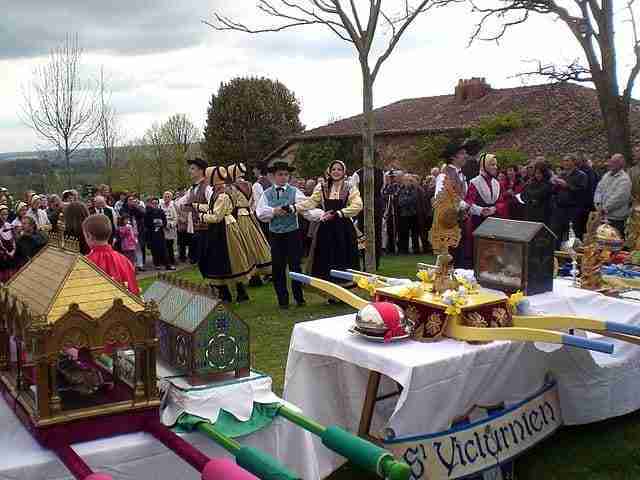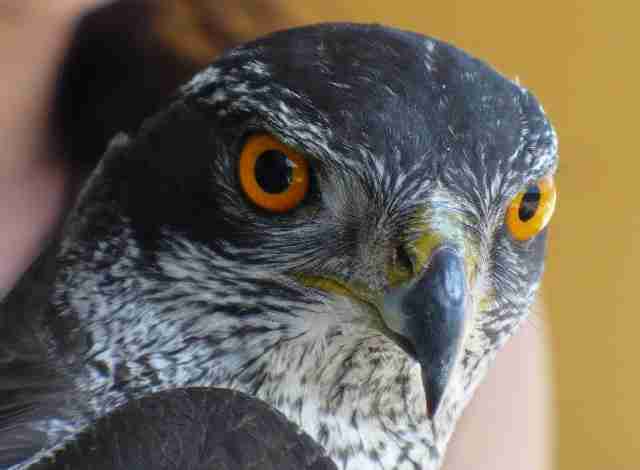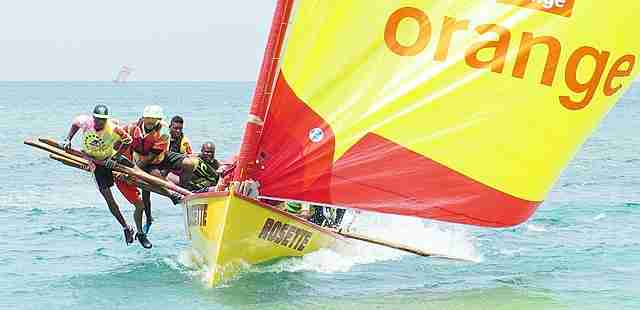The craft techniques and customary practices of cathedral workshops, or Bauhütten, in Europe, know-how, transmission, development of knowledge and innovation. “Bauhütten” are workshop organizations created during the Middle Ages on the spot, on construction sites of cathedrals. Since the art of building became more and more complex, and its decorations turned towards a more elaborate […]







